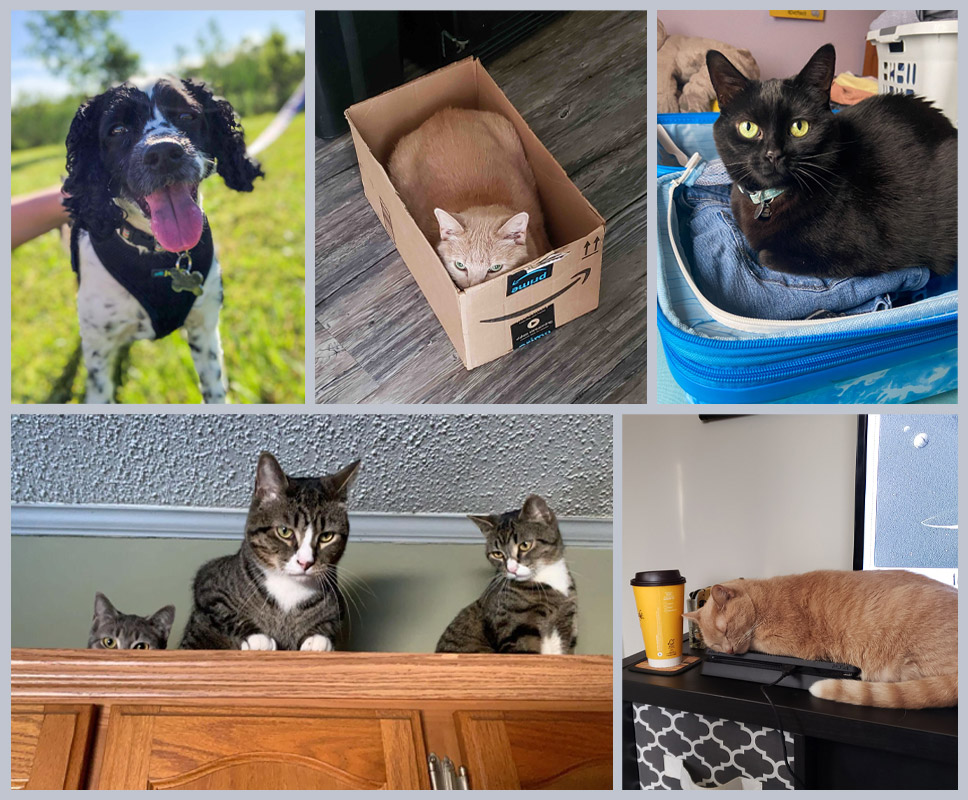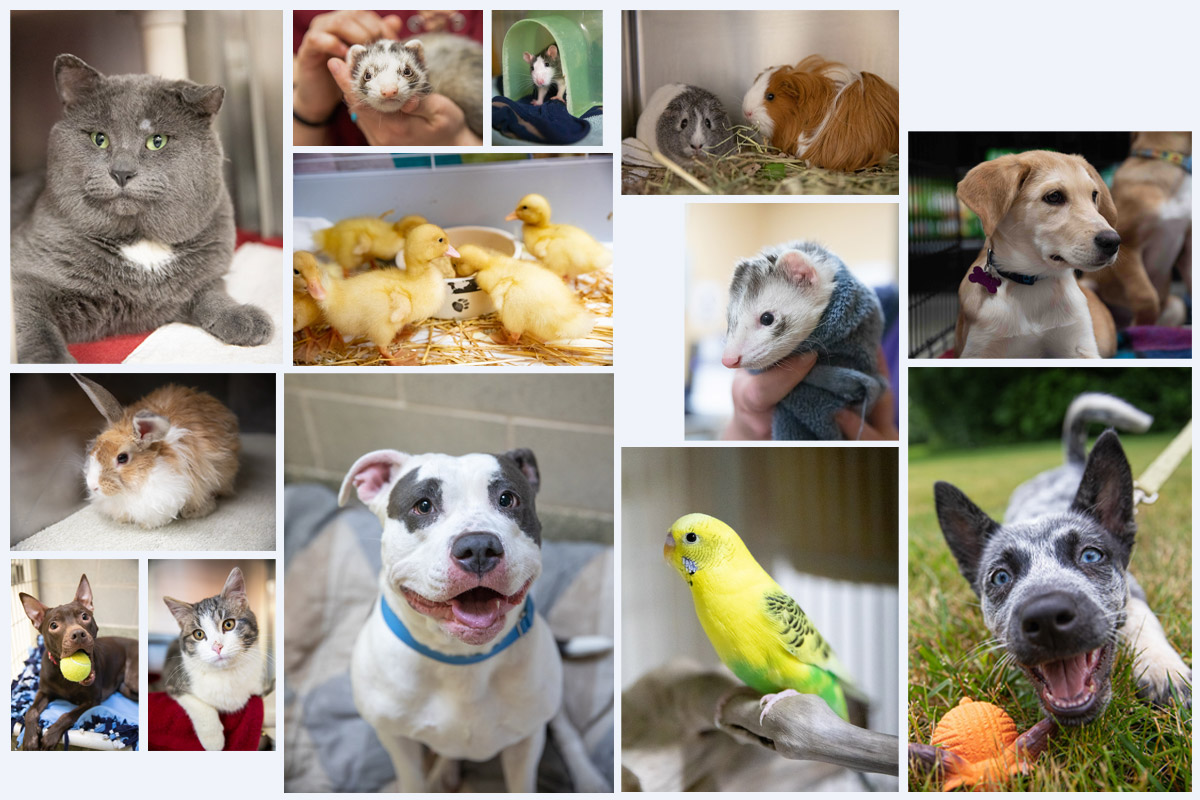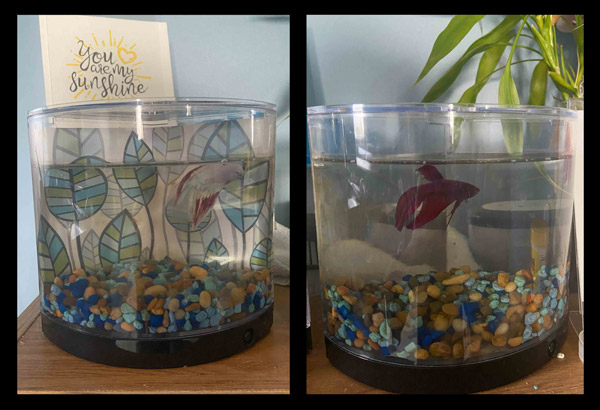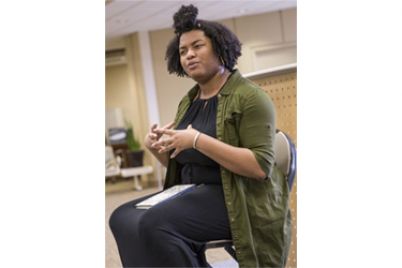by DOINA PLOP
Deputy Editor
After being closed for a couple of months due to a lack of available cats for adoption, the Tiny Lions Lounge and Adoption Center will celebrate its 5th anniversary by reopening on Thursday, May 6.
People will be able to interact again with the cats from the Humane Society of Huron Valley in a “living room-like” environment at the Tiny Lions lounge and adoption Center (TLC).
Even though the Humane Society of Huron Valley (HSHV) shelter has been open throughout the pandemic, the TLC had to close due to lack of pets available.
“We didn’t have enough kittens and cats for it,” said Wendy Welch, director of communications at Humane Society of Huron Valley.
Like most of the nation, the Humane Society of Huron Valley has experienced record adoption rates, according to Welch.
“Originally [at the beginning of the pandemic], we saw more animals coming to the shelter, but the record adoption rates remain,” said Welch.
Nicole Klekowski, an Ann Arbor resident, is among those that adopted during the COVID-19 pandemic. Her family welcomed Cricket, a pet rabbit, into their home in November.
“Our son has been very interested in bunnies, and they seem very sweet pets,” said Klekowski.
Klekowski said that Cricket is a calm and affectionate bunny that came with an unexpected surprise.
“To our very great surprise, on Dec. 15 she delivered ten adorable baby bunnies,” said Klekowski.
Although Klekowski did not adopt Cricket from the HSHV, she used one of the resources that they offer to search for a loving home for the surprise baby bunnies.
Right before the arrival of the pandemic, HSHV started a new, free program where they allow private adoptions among members of the community. People in the community that need to rehome their pet, for any reason, can post on the private adoptions website and personally find the perfect new home for their pets.
“We are grateful for this resource in the community. I think it’s a good option and alternative to the shelter, ” said Klekowski.
Nine of the 10 bunnies survived and five have been rehomed so far. Two bunnies are still available for adoption, for additional information visit the HSHV private adoptions website.
Last year, the HSHV had 4,985 adoptions. However, the number of rehomed pets becomes higher when private adoptions and purchases are considered.
Clara Cronin, a speech pathology major at WCC, gave a new home to six betta fish during the COVID-19 pandemic.
Cronin said she picked out betta fish at a store where she thought the fish, also known as Siamese fighting fish, were in rough shape and looked like they weren’t going to be bought.
Then she convinced store employees to give her the fish for free.
“Four of the fish died within the year, but I was kind of expecting that. I really wanted to give them a better quality of life before they died. I still have two of them. Their names are Elsa and Alice,” said Cronin.
Cronin said that the pandemic was the catalyst that caused her to take action.

Photos of some of the pets of WCC students Kayla Johnson, Drew Pfister, Tamar Cawthra, and Clara Cronin
While numerous people adopted during the pandemic, the majority of the Michigan residents already owned at least one pet, according to the American Pet Product Manufacturers Association National Pet Owners Survey.
Kayla Johnson, general studies major at WCC, already had a dog and a cat. “I totally would have adopted a pet, but I still live with my parents and they don’t want any more animals.”
Drew Pfister, liberal arts transfer major at WCC, said his household has three cats already.
“We have so many animals and would be unable to take care of another one,” said Tamar Cawthra, general studies major at WCC who has a dog and three cats.
What’s next?
As people start going back to in-person work and/or school, animals might start suffering from separation anxiety.
To avoid any potential separation anxiety, Welch encourages people to start getting their animals used to them being away from home with a gradual process.
“Our animals get used to us being at home — dogs in particular,” said Welch.
For those who need guidance and support, HSHV offers humane education for all ages and counseling on how to care for the pet.




